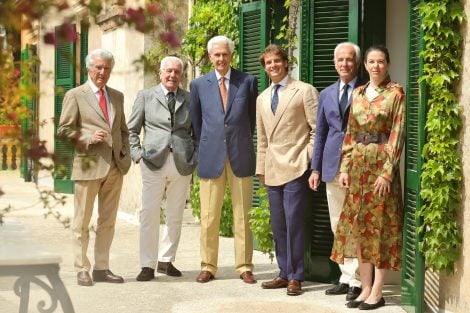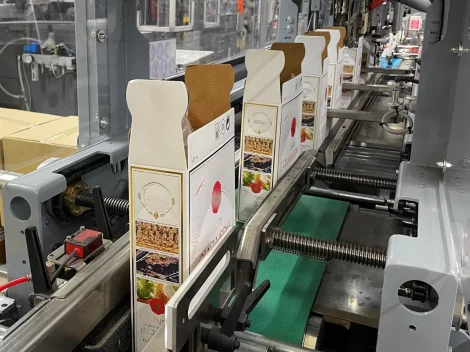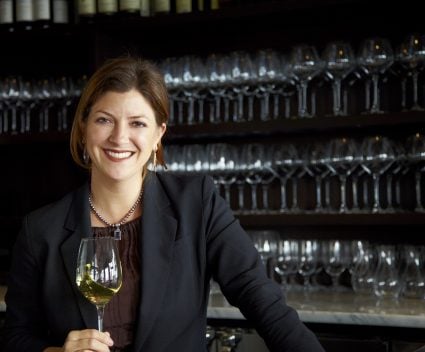Jannik Sinner is now the face of world tennis. A disciplined, reserved athlete, with no excesses. But behind his athletic figure and success in the most prestigious tournaments lies a story of controlled nutrition, family affection, and deep culinary roots. Because for Sinner, food is not just fuel to face gruelling sets and matches that push physical limits: it is also memory, comfort, home. So much so that the champion’s favourite dish, besides a good barbecue, is his grandmother’s cotoletta – the Wiener Schnitzel – breaded and fried, typical of Central Europe and South Tyrol.
The athlete’s menu: carrots, carbs, and precision
Over the course of a career built on obsessive discipline, Sinner has developed a meticulously calibrated diet. He starts his day with rich yet light breakfasts – Greek yoghurt, wholemeal bread with honey or jam, nuts – before training. Courtside, instead of the classic bananas, he brings raw carrots: a gesture that has become iconic, even inspiring a group of fans who’ve named themselves the “Carota Boys”.
His daily menu revolves around wholegrain carbohydrates (pasta, rice, oats), lean proteins (chicken, turkey, fish), cooked vegetables, and constant hydration. After matches, there are energy smoothies with fruit and protein powder, while during games he relies on functional snacks and mineral salts to sustain physical effort.
However, it’s not a rigidly prohibitive regime. Jannik allows himself a few well-measured indulgences: he enjoys fish & chips, pizza, and sushi. He won’t say no to a dessert when he’s with family, and he has a weakness for Parmigiano Reggiano, which he also eats regularly for sponsorship reasons.

Sinner's father and mother at Wimbledon
Hanspeter, the chef-dad
Ensuring the balance between performance and taste is often Hanspeter Sinner, Jannik’s father and a professional chef. Raised in the kitchen of a mountain lodge in Sesto Pusteria, Hanspeter brings with him both mountain discipline and high-altitude creativity. When he travels the world with his son, he personally prepares his meals, making sure each ingredient is carefully chosen and every cooking process is spot-on.
Among the signature dishes of the chef-dad are Maccheroni chef, a recipe combining homemade ragù, speck, courgettes, aubergines, mushrooms, and cream. It’s a comforting dish that fuses the full flavour of the mountains with the athlete’s energy needs. There’s also pine-scented risotto with porcini mushrooms, infused with herbs gathered in the South Tyrolean forests, and the alpinist’s pan – a leftover-style dish featuring repurposed canederli, pork fillet and goulash sauce, served with cabbage.
Hanspeter’s culinary philosophy is simple: no waste, a focus on seasonality, and maximum respect for the raw ingredient. As he says about the humble potato: “nothing gets thrown away.”
Mum and Grandma: the taste of home
If the father represents culinary precision, mother Siglinde and grandmother Maria instead embody the warmth of family cooking. Siglinde managed the mountain lodge’s hospitality for years, while the grandmother – a discreet but central figure – is the emotional anchor in the kitchen.
Jannik’s favourite dish is, in fact, the cotoletta alla milanese, prepared by her – also known as Wiener Schnitzel. A simple, crispy, fragrant preparation: the symbol of a peaceful childhood and a present family, even from afar. In various interviews, Sinner refers to his mother’s and grandmother’s “homemade sweets”, most likely apple cakes, ring-shaped cakes (ciambelle), and traditional South Tyrolean dry biscuits: understated desserts, made with love and consistency – like strudel.
These are dishes that don’t feature on any nutritional chart but serve as a silent, steady source of emotional support. Jannik eats them on his “off” days, when he returns home or receives visits from family – rare but precious moments.
Between discipline and identity
Sinner’s diet is an example of balance between performance and humanity. Yes, it’s built around the needs of the athlete – but also around who he is. The raw carrots during matches, the chef-dad’s recipes, the grandmother’s schnitzel, and pizza with friends are all pieces of a coherent mosaic: a young man who has never forgotten where he comes from, even as he climbs the world rankings.
In an era where athletes seem churned out of identical moulds, Jannik preserves something authentic: a home kitchen, made of expert hands and familiar aromas. And perhaps, in this deep connection to his roots, lies the most important secret of his strength.

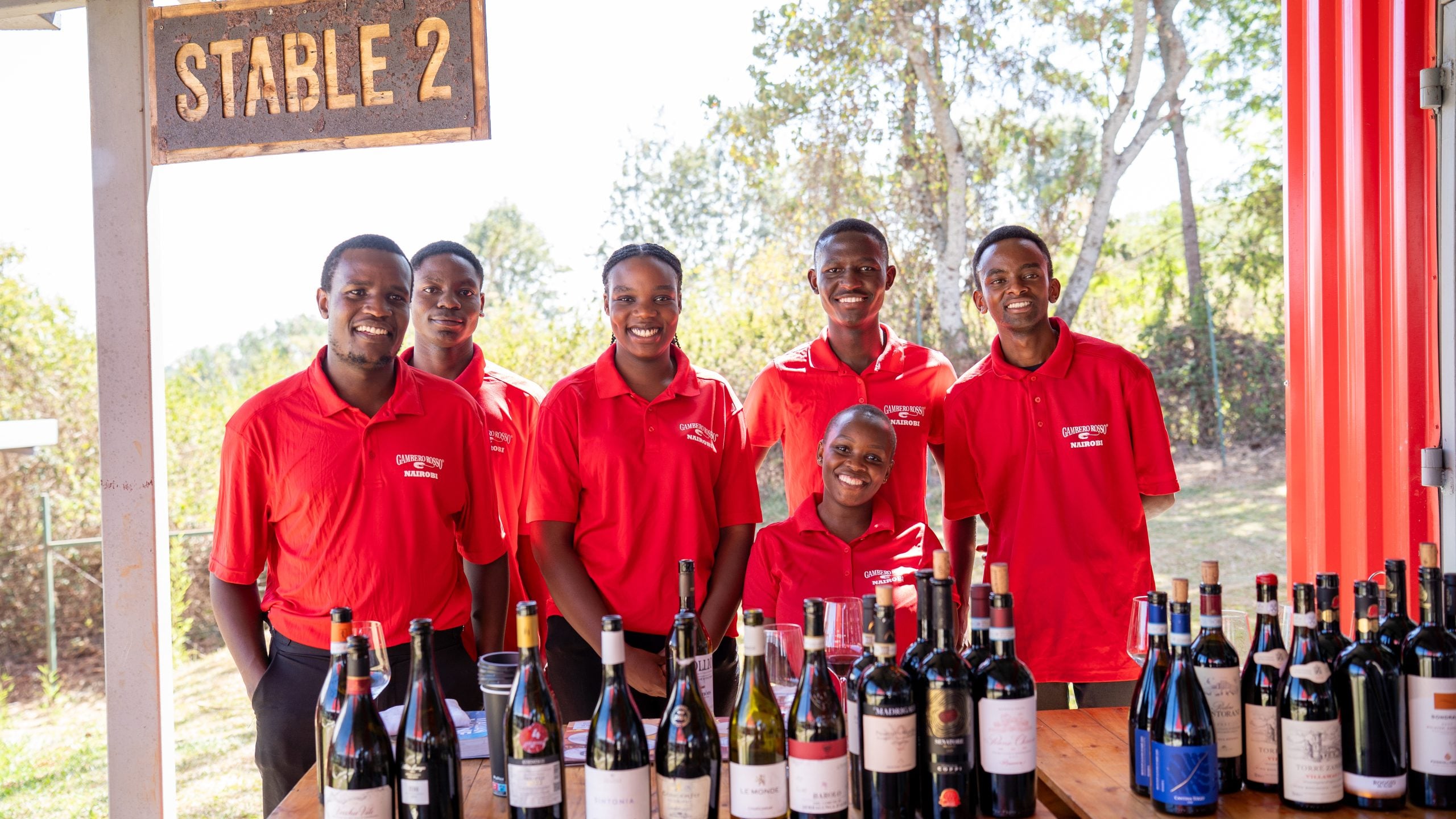 The Top Italian Wines Roadshow returns to Kenya
The Top Italian Wines Roadshow returns to Kenya Why 'restraint is a virtue' for a top Prosecco producer
Why 'restraint is a virtue' for a top Prosecco producer Gambero Rosso in Nigeria: a new strategic market for Italian wine
Gambero Rosso in Nigeria: a new strategic market for Italian wine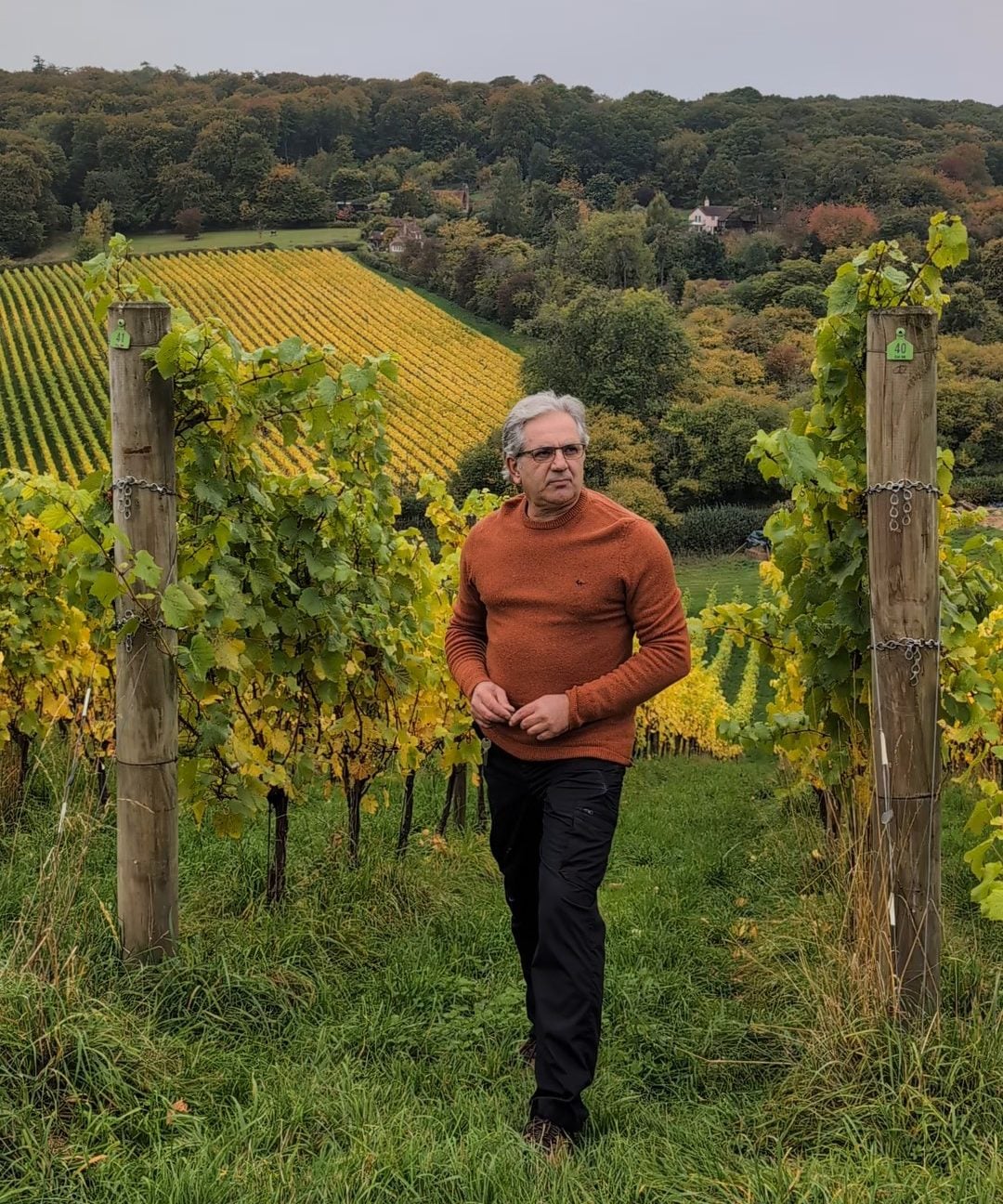 Meet the Italian viticulturist who manages an English vineyard
Meet the Italian viticulturist who manages an English vineyard The Paris restaurant where a different tasting menu is served every day
The Paris restaurant where a different tasting menu is served every day